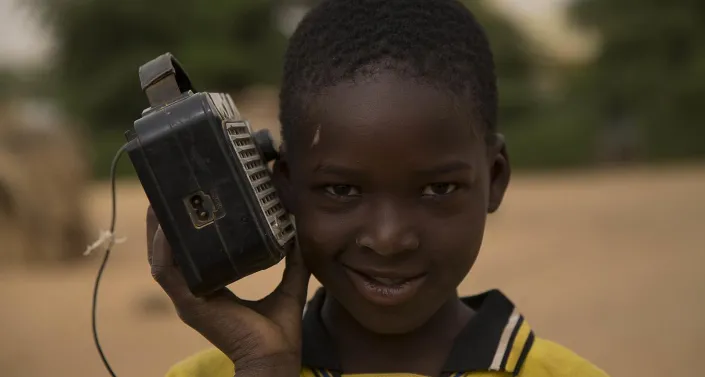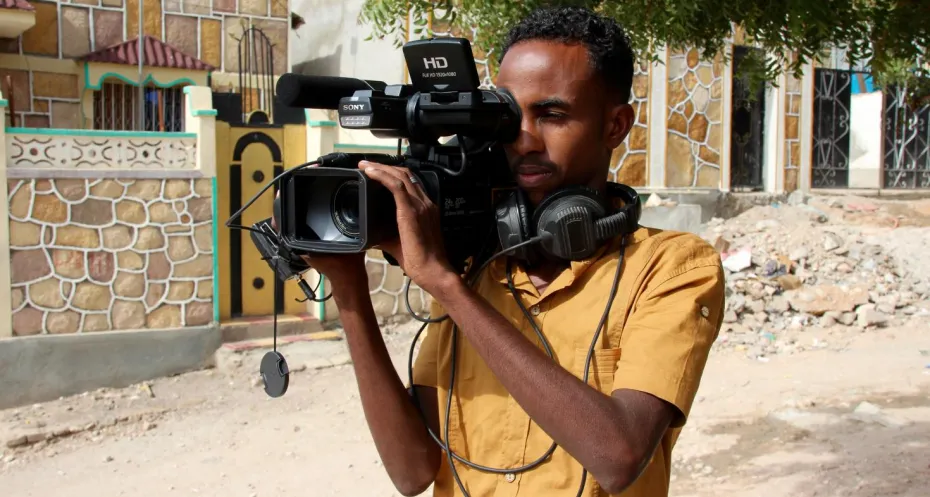
Mali
Mali is a country on the brink of collapse. The country has been politically stable for a long time, even though since the first coup in 1968 the political elite has only been interested in seizing power and facilitating corruption. Political stability was upset in the nineties when the nomadic Tuareg people in the north of the country initiated a rebellion to gain independence for the Azawad region. The country is now in a decline and ranks 111th on the RSF Press Freedom Index.
The 2012 coup by the Tuareg people marked the start of this decline, which became even worse during President Ibrahim Boubacar Keïta's era. Keïta was president of Mali from 2013 until August 2020. He resigned in 2020 after another military coup. Many Malian officials have in recent years shown themselves to be crude and disgraceful, also financially, their actions bordering on humiliation and even inhumanity. This is a country where the vast majority of the population live below the poverty line and depend on international aid.
Media landscape
Access to information in Mali is limited. Mobile phone networks are inadequate and subscriptions expensive. The news and information landscape is pluralistic, but the media struggle to resist the editorial dictates of those who fund them, so they often lack sufficient financial resources. Information provided by journalists is mainly opinion-based rather than fact-based. The environment for journalists is a risky one. Threats, kidnapping and even murder of journalists are regular occurrences, especially in the north of the country, which is under Islamic rebel occupation. The authorities harass the media for their coverage of security issues, and any criticism of the army can lead to arrests on allegations of ‘violating standards and undermining the morale of the troops’.
Safety of journalists
Over the years journalists have suffered attacks, some cases remain unsolved. This was the case for the murder of two radio journalists in 2013 and another one in 2015, the disappearance of a journalist in 2016 and the kidnap of a journalist in 2018. Also in 2018, some of the staff of online news platform Mali Actu were arrested and a radio station illegally shut down during the presidential elections. Attacks on journalists have declined but press freedom is still fragile.
Our work in Mali
Free Press Unlimited partnered with Amnesty International Mali and Tuwindi for OCCIPRE (Observatoire Citoyen Contre l'Impunité et Pour la Redevabilité, i.e. Citizens' Observatory Against Impunity and For Accountability). This EU-funded project aims to support civil society organisations to develop and consolidate a more democratic and peaceful environment in Mali.
Photo: UN Mission in Mali

